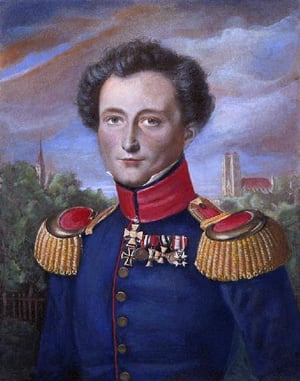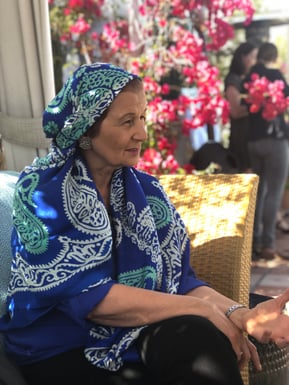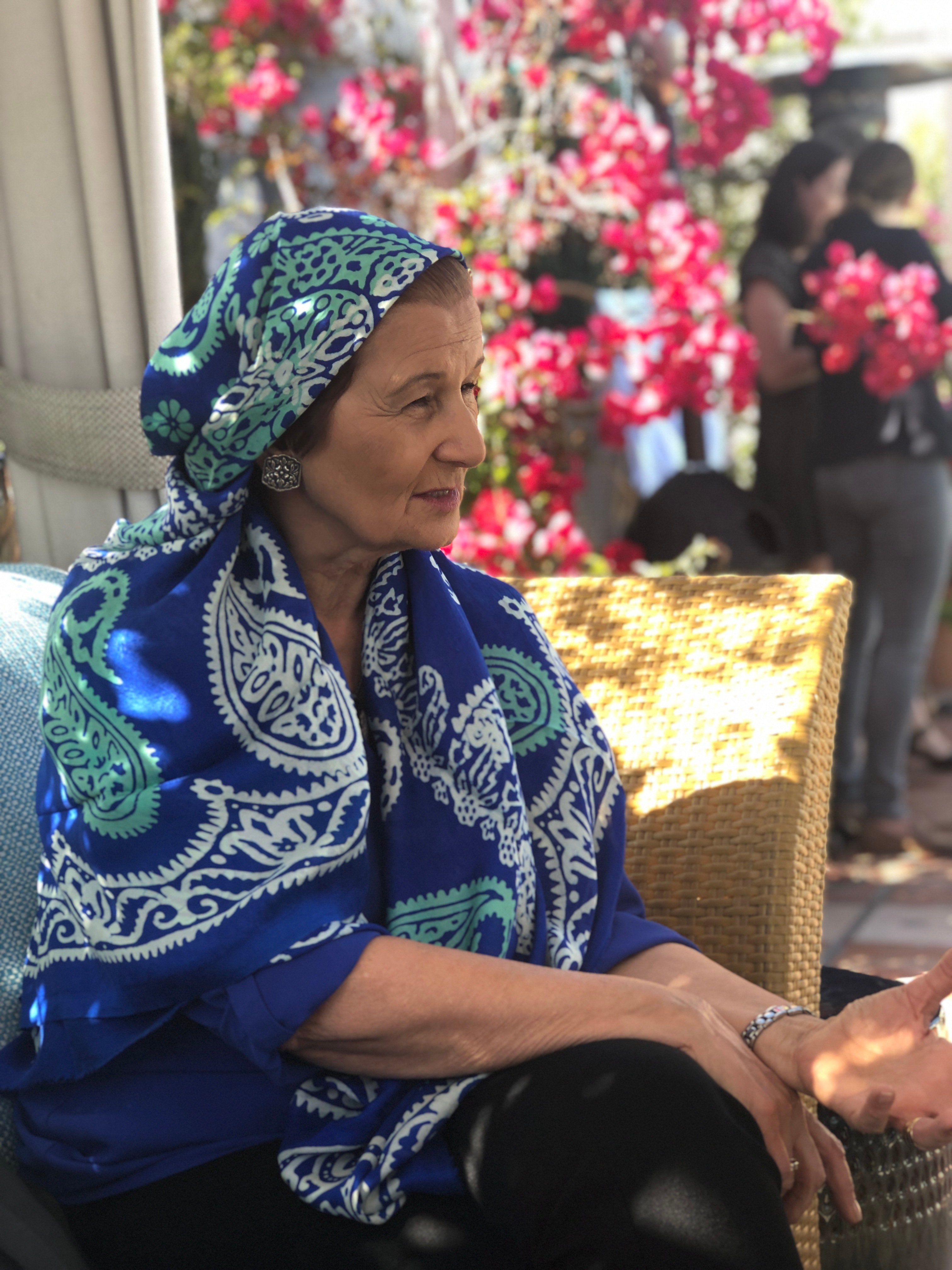Peacebuilding as Politics
begin quote
 The following post was written by Kroc School Distinguished Professor Necla Tschirgi.
The following post was written by Kroc School Distinguished Professor Necla Tschirgi.
This summer as I personally witnessed the heated municipal elections in Istanbul, which led to the victory of Ekrem Imamoglu against all odds, and visited the Agora in Athens where early democracy was born, I was once again reminded of the importance of politics for building peace.
Peacebuilders generally think of themselves as bridge builders, connectors, mediators and facilitators— often shying away from casting their work as politics. Yet, working for peace and social justice is highly political in nature—as it should be.
Politics matter….It is a truism whose significance is ignored by idealistic peace advocates who tend to focus on the negative aspects of politics. Some reduce politics to the naked struggle for power or political expediency devoid of values. Yet, politics is the fluid and contested process by which any society is governed. The quality of politics defines how power is distributed, the common good is identified, decisions are made, and public policies get formulated. The 4 I’s (Ideas, Individuals, Institutions and Interests) help shape politics but ultimately the entire society is implicated in the political process—as politicians, citizens, activists, or bystanders. Not engaging in politics is a consequential political act.
Peacebuilders and changemakers are inevitably political actors—even if they do not necessarily define themselves as such. Their ideals, commitments, and activities directly impact the quality of the political process whether at the local, national or international levels. This is particularly true in an age characterized by heightened political polarization within and across countries as well as renewed fears of political violence and war. Political violence and war erupt when normal politics fail.
Even a cursory review of national as well as international politics demonstrates the instability and vulnerability of political systems around the world. From President Erdogan’s Turkey and President al Sisi’s Egypt to Prime Minister Viktor Orbán’s Hungary and President Jair Bolsonaro’s Brazil, we witness the rise of authoritarian regimes that threaten civil politics as they increasingly resort to political repression and the use of force.
The rise of populist leaders in Western democratic countries, including the United States, has led to growing political polarization and the undermining of the key principles of good governance: the rule of law, fair elections, majority rule and minority rights, free speech, and freedom of the press. At the international level, there is an equally alarming retreat from international cooperation and emerging norms of global governance as countries pursue their narrow national interests even as global interdependence requires collective action to deal with “problems without passports” such as climate change, terrorism, mass migration, civil wars, nuclear proliferation, pandemics and organized crime.
 Carl von Clausewitz
Carl von Clausewitz
Peacebuilding is not simply the pursuit of high principles including non-violence, social justice, human security and universal human rights. Peacebuilders need to roll up their sleeves to engage actively in ordinary politics (the derided process of “sausage-making” or “deal making”) to prevent the decline of politics into political repression, violence and war. After all, as the famous Prussian strategist Carl von Clausewitz (1780-1831) said, “. . . war is simply a continuation of political intercourse, with the addition of other means.” It is noteworthy that van Clausewitz did not posit war as the opposite of politics; instead he explained: “We deliberately use the phrase ‘with the addition of other means’ because we also want to make it clear that war in itself does not suspend political intercourse or change it into something entirely different. In essentials that intercourse continues, irrespective of the means it employs.” Yet, human experience and extensive research by peace scholars have strongly confirmed the human, social, economic and environmental costs of war. Peacebuilders fully understand that prevention is the only viable strategy when it comes to war and violence. Thus, politics is ultimately the non-violent key to advancing peace.
 Kroc School Distinguished Professor Necla Tschirgi, PhD
Kroc School Distinguished Professor Necla Tschirgi, PhD
Ready to advance your career as a changemaker? Explore the Kroc School’s academic programs.
Contact:
Justin Prugh
jprugh@sandiego.edu
(619) 260-7573

About the Author
The Joan B. Kroc School of Peace Studies (Kroc School) at the University of San Diego is the global hub for peacebuilding and social innovation. Founded in 2007, the Kroc School equips the next generation of innovative changemakers to shape more peaceful and just societies. We offer master's degrees in peace and justice, social innovation, humanitarian action, conflict management and resolution, and a dual degree in peace and law — programs that have attracted diverse and dynamic students from more than 50 countries. In addition to our graduate programs, the Kroc School is home to the Kroc Institute for Peace and Justice (Kroc IPJ). Founded in 2001, the Institute supports positive change beyond the classroom. Through groundbreaking research, experiential learning, and forward-thinking programs, the Kroc School and Kroc IPJ are shaping a future in which peaceful co-existence is the new normal.






